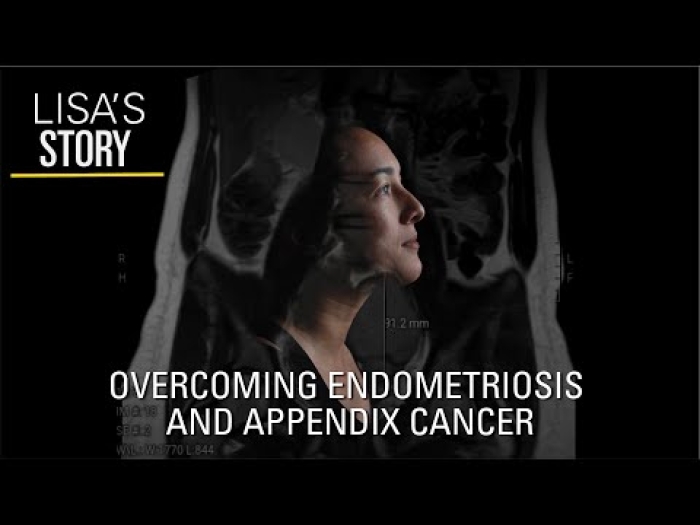A technique that illuminates blood flow during surgery predicted which head and neck cancer patients were likely to have issues with wound healing. A team of surgeons at the Rogel Cancer Center found the approach so successful in a clinical trial with patients undergoing laryngectomy that they closed the study early.
Because of radiation damage, patients with larynx cancer are at a higher risk of post-surgical wound issues and are particularly vulnerable to pharyngocutaneous fistulas, which can lead to bleeding, infections, and even additional surgeries. In the study, patients with lower blood flow during surgery had a significantly higher risk of developing a fistula. This information could enable surgeons to make adjustments during surgery or recovery to improve outcomes. —Nicole Fawcett
Source: U-M Health Lab Blog





